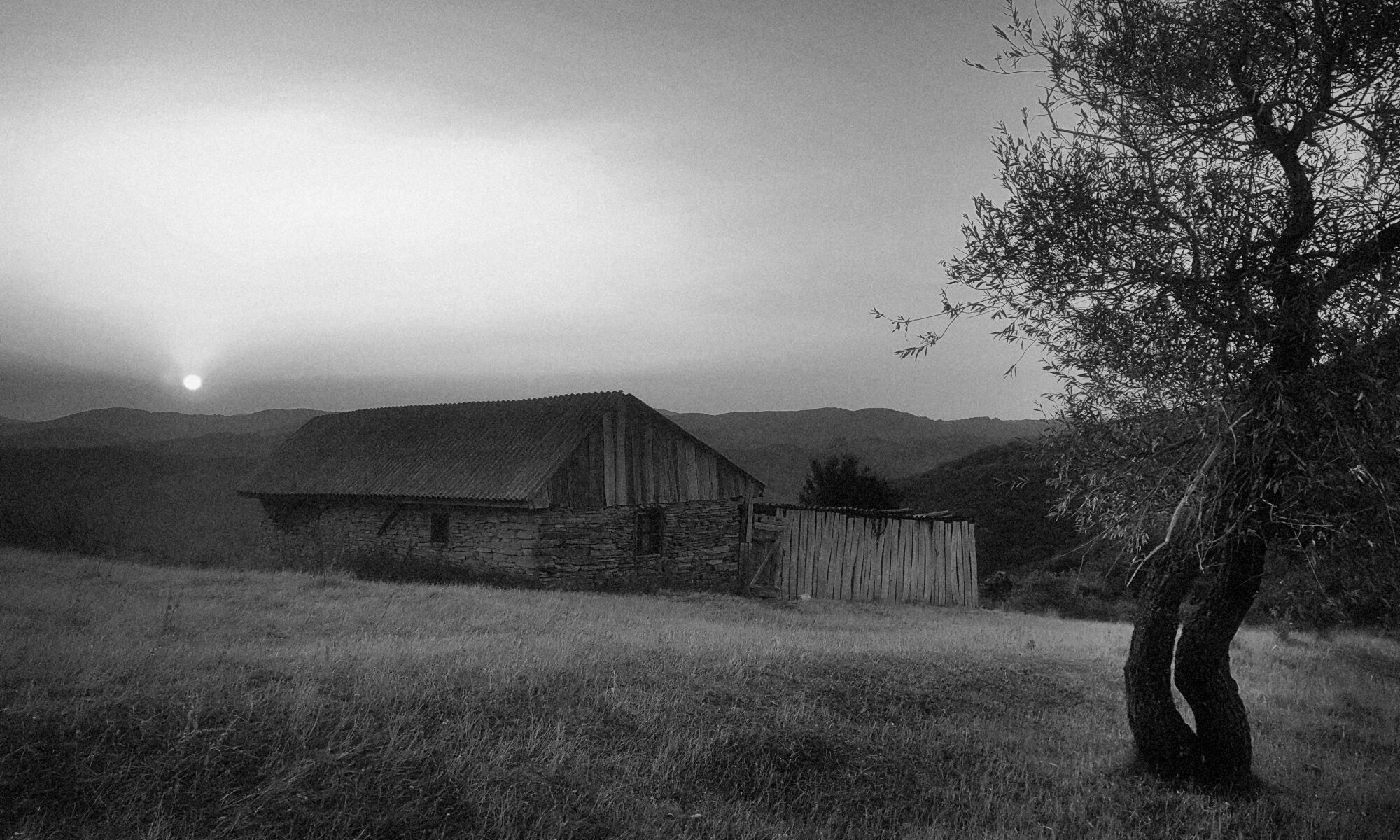THE INHABITED MOUNTIANS. Passing through the Iron Gates, the pure, running waters of the upper Timiș River flow deep into the heart of the mountains. In peaceful wooded valleys, Festuca alpina grass leans out over the river’s surface. In vain had I searched for it in the Carpathians of Slovakia. A full moon shines through the leaves of silvery beech groves. Such nights in Banat bathe everything in light metallic hues: leaves, mushrooms, evening breezes, ground beetles, mice. The fragrance of wild thyme rises from fields below the wood, and fireflies flicker the whole night through – though differently than at home: hotly blazing, extinguishing, reigniting – amorous lighthouses. The mountain ridges are home to meadows, oat fields, wild fruit, beehives, lonely dwellings and quiet, hard-working folk, and the heart of the Banat Mountains is bestrewn with raspberry scarlets and fireweed purples.
As we descended into a silent valley at Three Waters Lake, which lies at the confluence of three small rivers, the mountains changed around us: a great lake fire raged among old spruce trees at the water’s edge long into the night.
We arrived in the Semenic Mountains after being chased away by border guards at the Cazanele, the Danube Gorges. They were not so lucky the next time, however, and we floated downriver from Moldova to Orșova. It was a beautiful boat trip – sheer white bluffs hugged the powerful, dark river from both sides. The mouths of caves gaped at us curiously from cliff faces and sturgeons swam beneath our bark. Even here soldiers kept watch, so we dared not move on deck or disembark for a climb among the cliffs in search of rare Danube feather grass. But it was a beautiful journey nonetheless. A Romanian Slovak had told us about it, for ever since Banat had ceased to be an Ottoman-Hungarian battlefront, all Czech and Slovak villages had settled above the Danube Gorges.
The great river carried us down to the sultry city of Orșova where we had once been chased into the Semenic Mountains. Once again the smells of river mud, fish and tar, black mulberries – wild and sweet, as we rested at the wayside.
